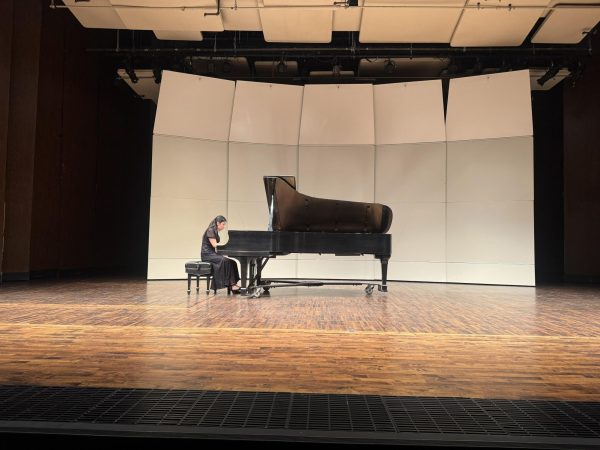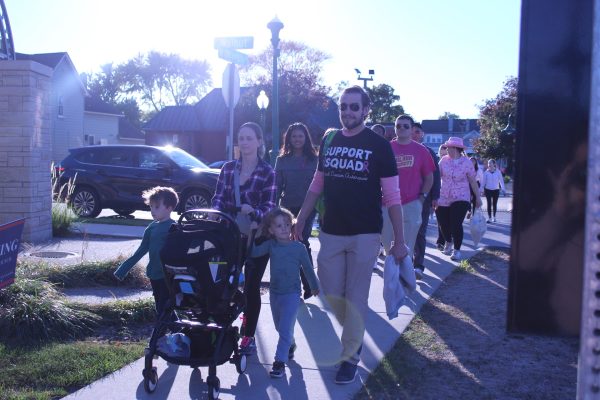Mixed service record: Honors College volunteering requirements both helpful and confusing
As a part of the Honors College requirements at Oakland University, students are expected to partake in ten hours of service with a single organization each year. Freshmen and sophomores have some of this requirement covered in mandatory classes and imagination labs, but every year requires at least some outside service participation.
Service hours are a fantastic way to learn outside of the boundaries of the classroom and offer opportunities for students to gain knowledge in a hands-on way, according to Dr. Graeme Harper, dean of the Honors College.
“I think that what we recognize that [in addition to] the contributions people make through service, they also learn stuff, and some of that stuff is not that easy to learn in a classroom environment or a structured course syllabus,” Harper said. “Something where you have a job to do, you’re trying to assist with something, and you’ve got a lot of things you’ve got to deal with…that’s where the notion of service learning becomes quite substantial.”
Harper explained this learning is why the Honors College requires the service requirement in the first place, but the source of the ten hour timeframe is a separate concept. He continued by laying out why each year of study requires so much time with the same organization.
“You want to have a long term sense of it, you know, sustainable notion of what [service] is,” he said. “There’s a real…question around the idea of parachuting in, doing something, and let’s say you’re just doing it because it’s a requirement for the Honors College, right? You parachute in, you come back out, and you’ve done service. That kind of thing isn’t necessarily as positive in terms of an impact both on you and the organization as it could be.”
He further explained the Honors College wants to make sure students are able to make lasting connections and have enough time to reflect on what they’re doing for themselves and the organization they’re helping. With less time requirements or splitting time between different places, there are fewer opportunities to have a sustained impact.
This requirement is mirrored by a second rule of the service requirement, which is that a student cannot volunteer for the same organization two years in a row. Students of the Honors College, like Allison Broski, argue that this requirement counteracts the idea that these service opportunities are meant to create sustainable relationships.
“I feel that it’s fairly silly that we are required to work with four different organizations over the course of our college career,” Broski said. “Yes, there is value in seeing different ways to volunteer…where we feel we make a deeper connection to what we’re working with. But, for example, say I want to work with an animal shelter…if I’m only there for ten hours, how can I get to know the people there?”
Harper said he understands there is some confusion with the program and stresses the helpfulness of talking to the Honors College advising staff “not just about your academics, but also about the service program.”
Harper suggests using these advisers to answer the question, “What is your strategy for service?” He said they are willing to help in all aspects of the Honors College curriculum, including and especially with the intricacies of the service requirements.
But this does not completely alleviate the concerns of many Honors College students.
“Volunteering means giving back to the community,” Broski said. “But, by having these silly requirements set forth by the Honors College…that volunteering effort turns into a means of checking off a box on a to-do list.”




